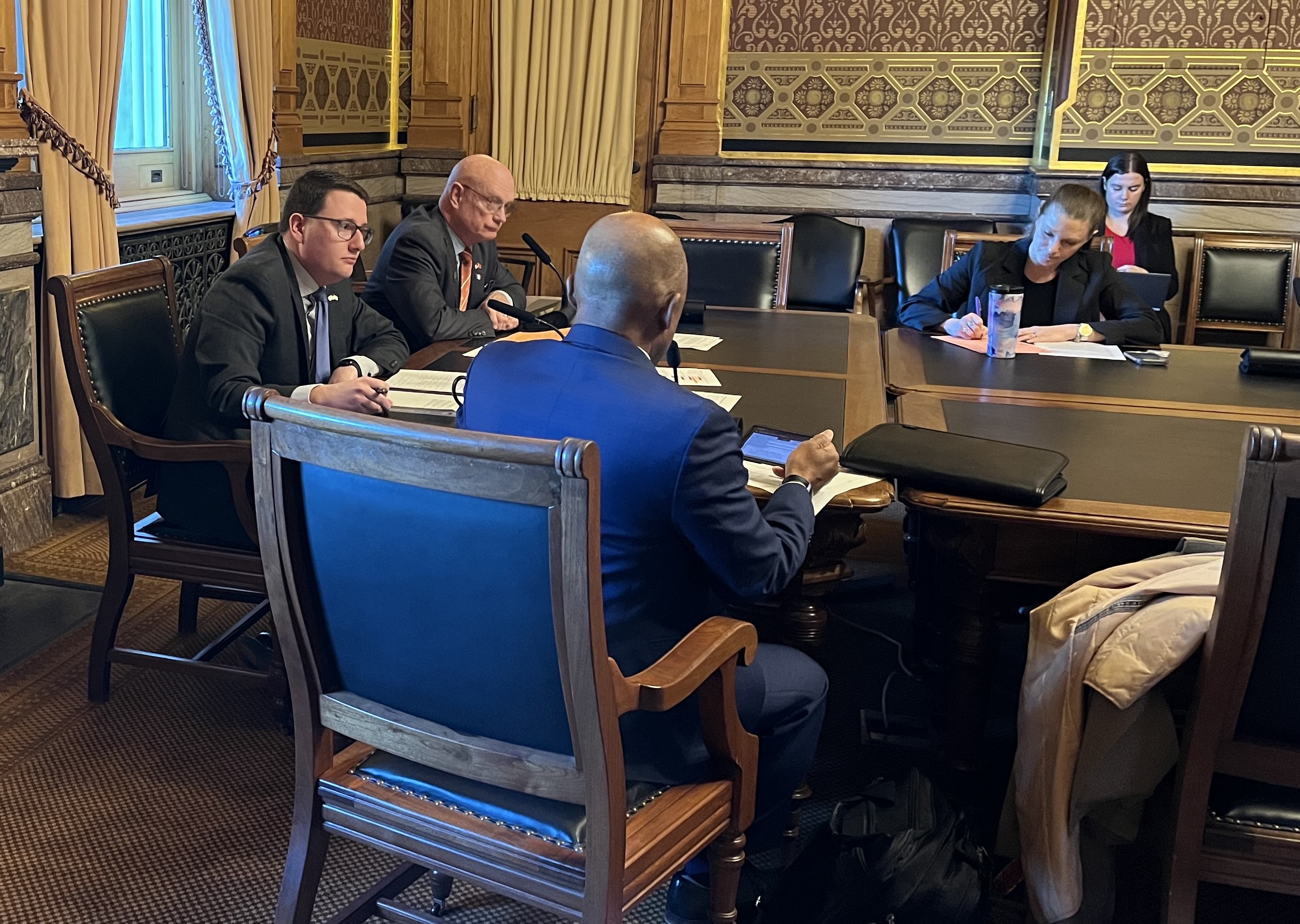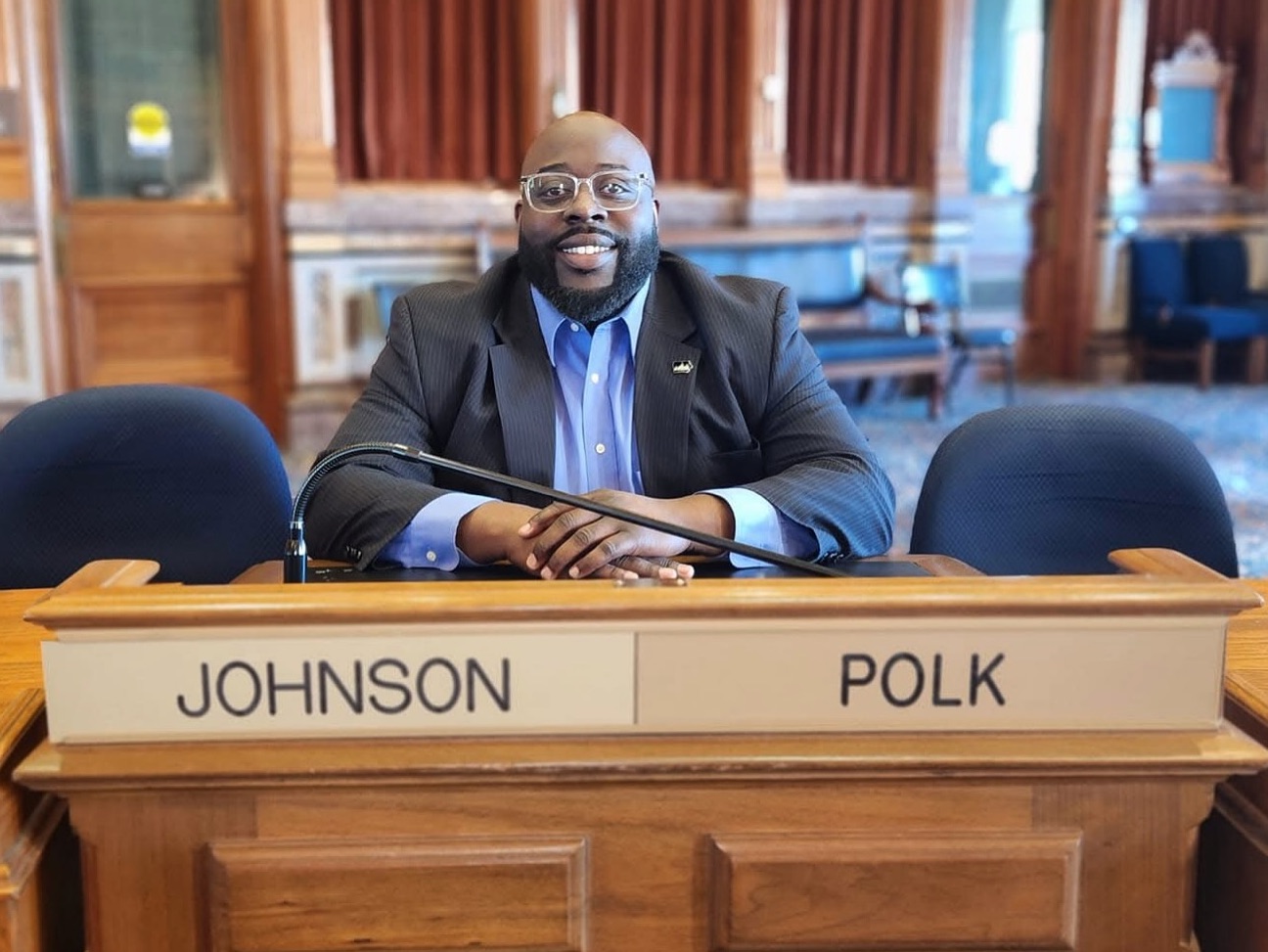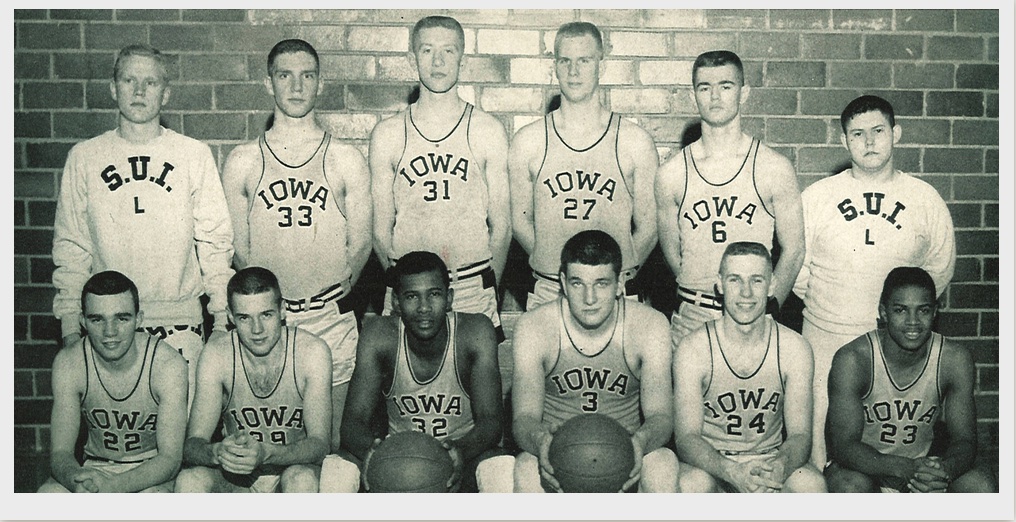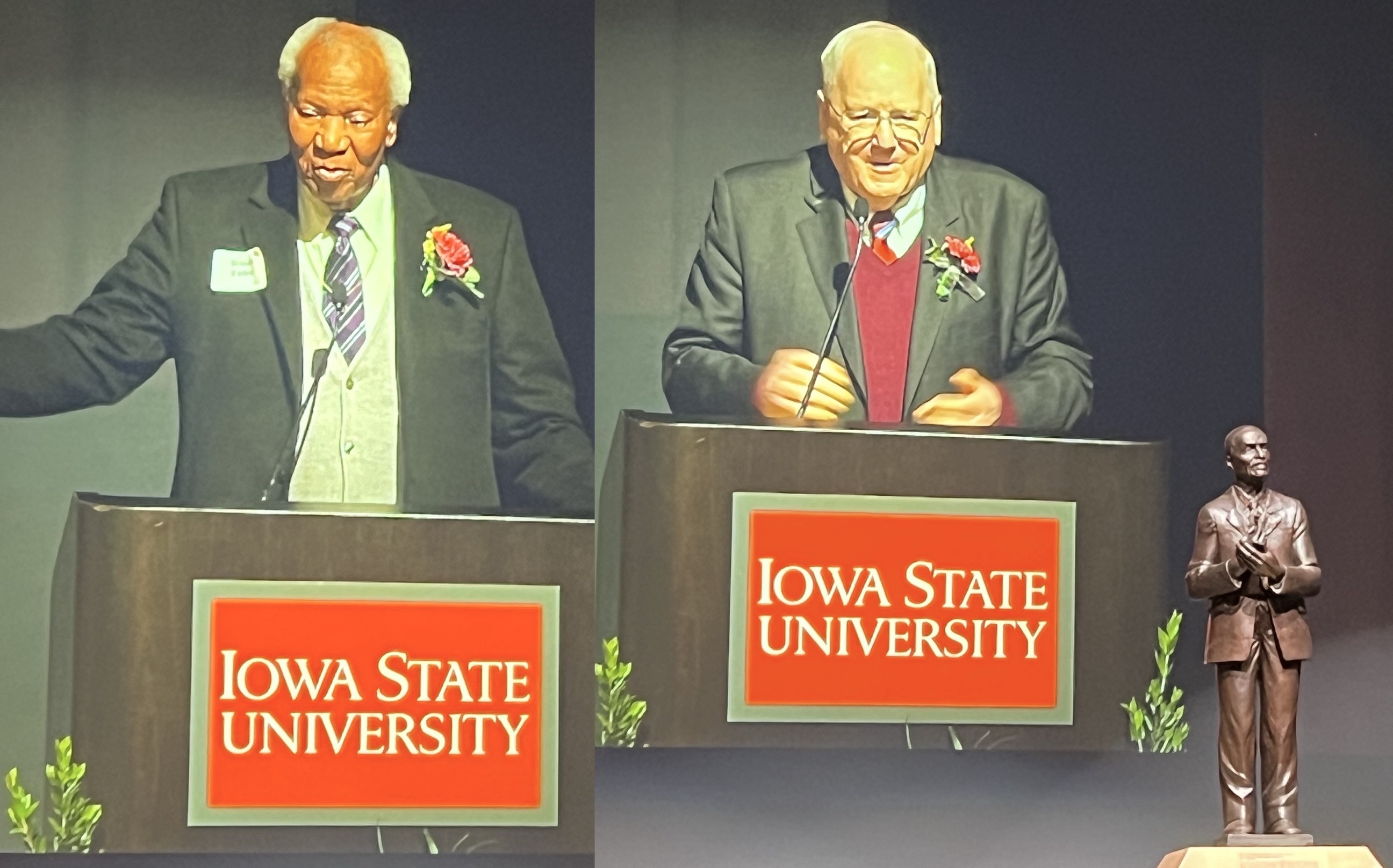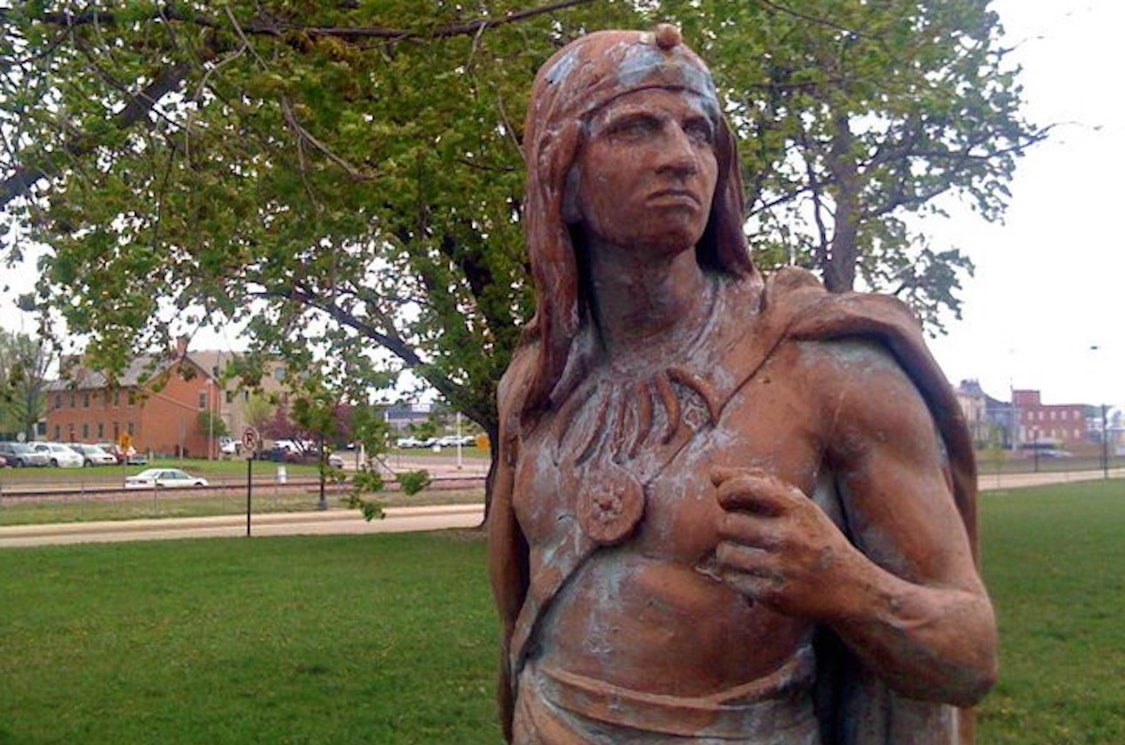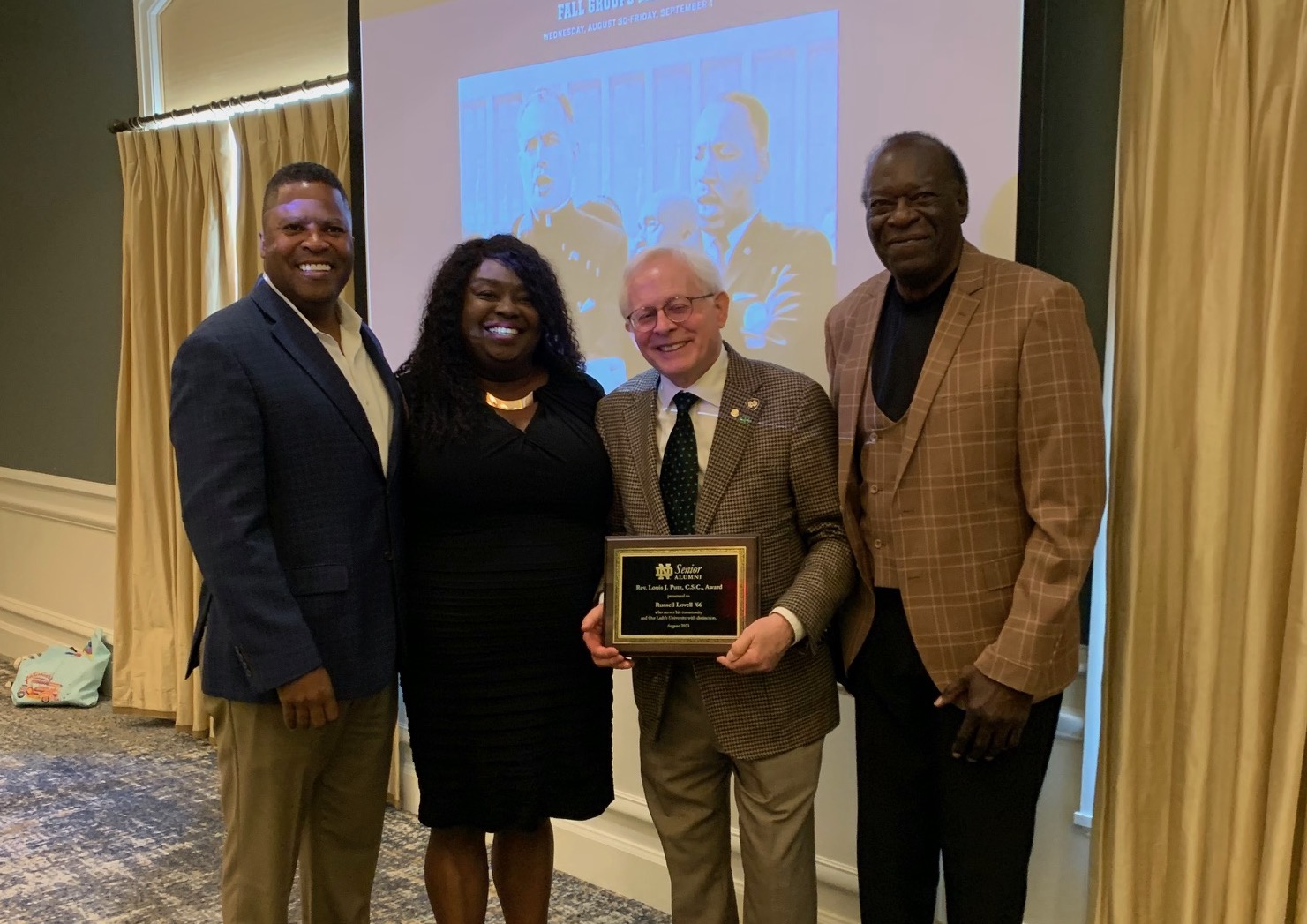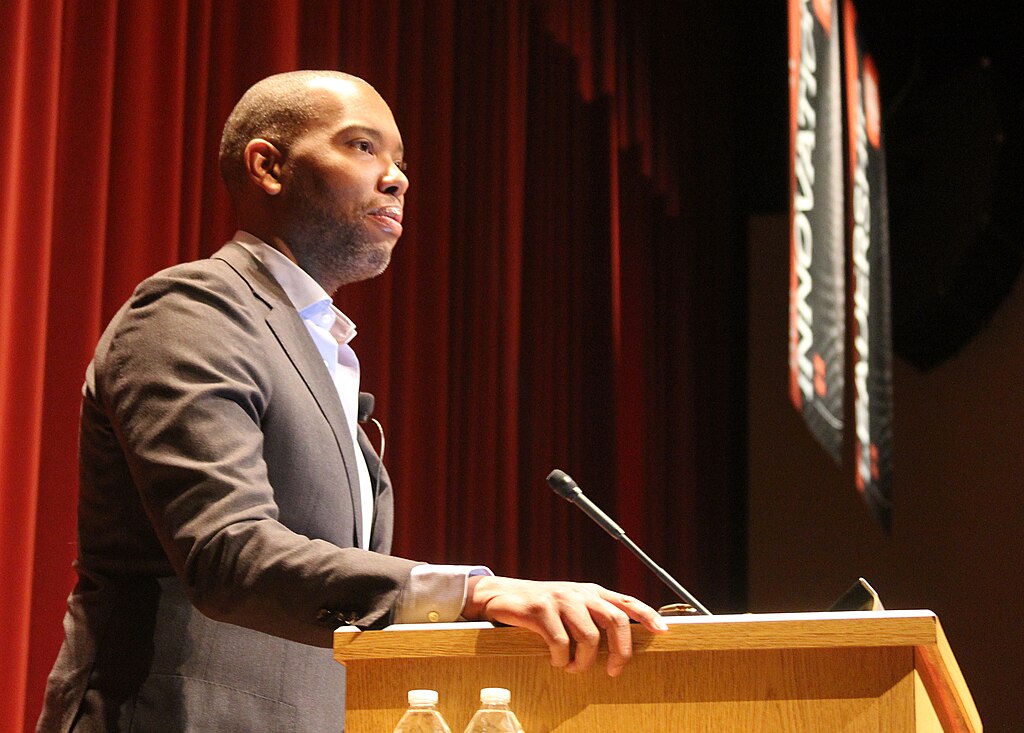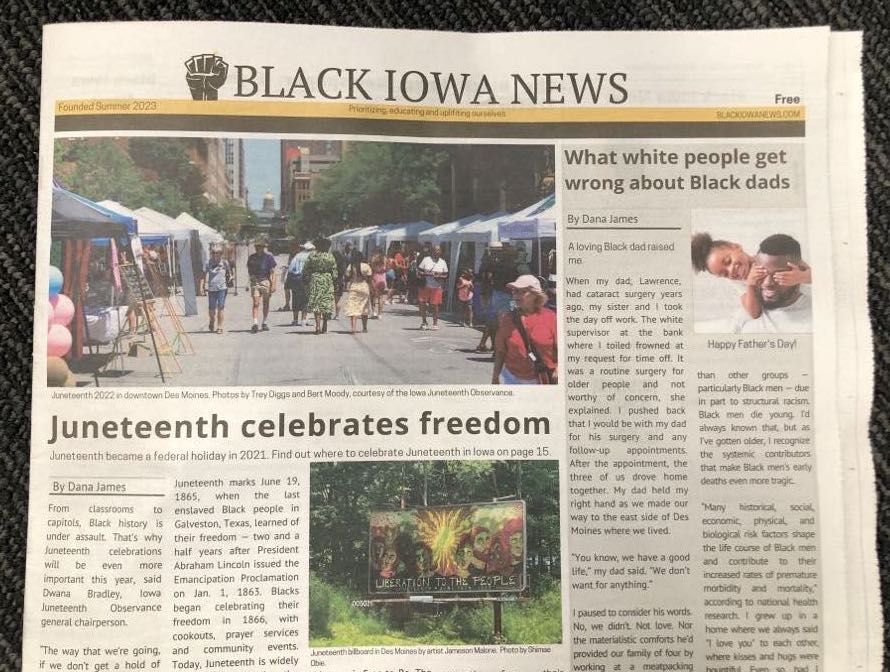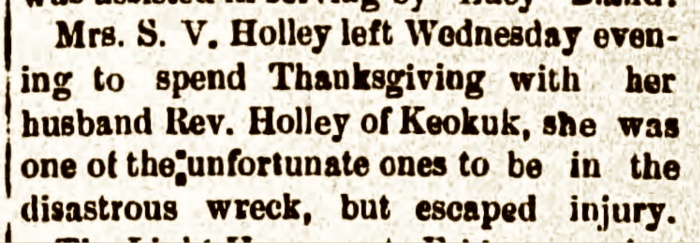Brian Bruening lives in Clayton County and has been involved in Democratic Party leadership since 2017. He is on Bluesky at @iowarural.bsky.social.
When I wrote just under two years ago about my unsuccessful bid for the Iowa House, I affirmed the importance of running as a Democratic candidate in a very red district and said I would do so again. Last fall, I made good on that commitment, and ran for Iowa Senate district 32, with similar results. We ran a lean campaign, raising and spending a little more than $21,000 in a three month span starting from my nomination via special convention in late July through Election Day.
Having long ago given up on expecting much help from the state party beyond a phone call or two and some technical assistance, I relied on local volunteers and county party infrastructure to spread my message. I created and sent out targeted online and streaming ads, sent text messages, direct-to-door mailers, distributed hundreds of signs and banners, filled local airwaves with radio ads, participated anyway I could in local newspapers and TV, and spoke and debated throughout the district.
I focused on issues that directly affected voters in local communities: public education and defunding of the Area Education Agencies, health care, and rural economics, all the most potent issues the Iowa Democratic Party told us to run on. I added water quality issues to my platform, something our Big Ag-beholden state Democratic Party seemingly doesn’t have the stomach to discuss. The end results were as expected: the Republican incumbent held his seat with 64.6 percent of the vote.
Continue Reading...


